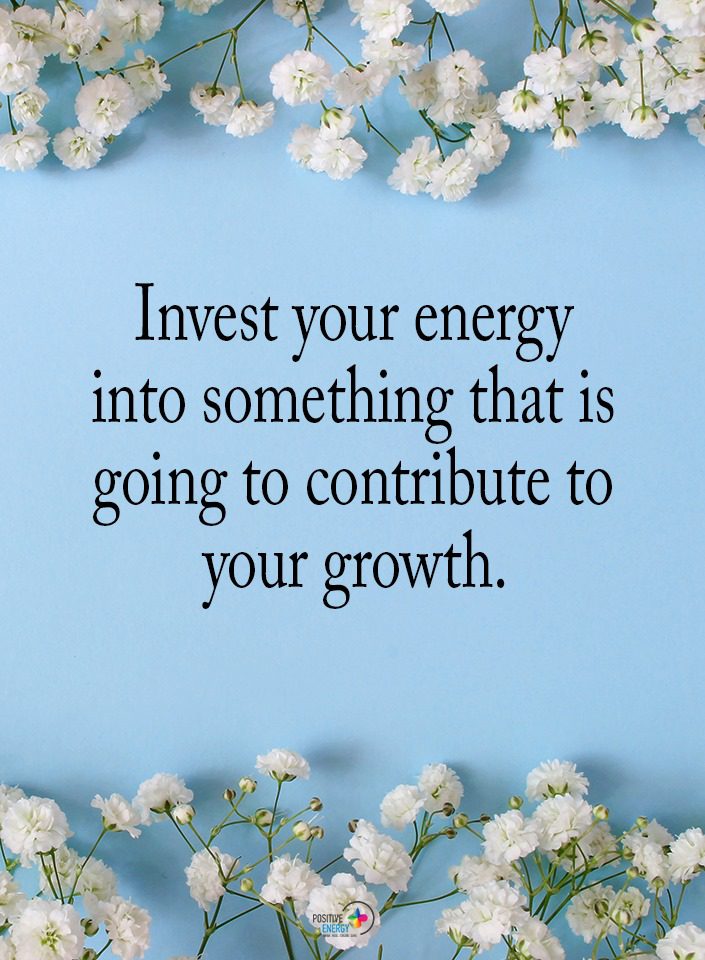You have the key; now it’s time to unlock the door to the life you dreamed of.
The key to positivity is more than just feeling good; it’s a powerful mindset that can profoundly affect your daily life. Positive thinking unlocks more joy, better health, and greater success. You might not realize it, but you likely already carry the key to positivity within yourself.
Imagine you think you’ve locked yourself out of your house. To get back in, you try various tricks, like sliding a credit card through the door latch. You start to panic, hoping it’ll pop open. After several attempts and growing frustration, you give the door handle one last try—only to find out it turns easily, and the door swings open. It was never locked in the first place; you had assumed it was and hadn’t tried the simplest solution: turning the handle and pushing it open. This realization might leave you feeling a bit sheepish but relieved and amused that the barrier you perceived was never really there. You just needed to open up and walk in.
In this article, we’ll explore ten signs that show you’re equipped to foster a positive outlook, potentially transforming challenges into opportunities and enhancing your overall well-being.
What Are the Ten Signs You Already Have the Key to Positivity in Your Pocket?
1 – You Carefully Grow Positivity Through Gratitude Practice
Gratitude is being thankful and ready to show your appreciation and return kindness. This simple practice is a cornerstone of positivity because it shifts your focus from what’s missing in your life to what’s present. Regularly recognizing the good things in your life can dramatically alter your perspective, making you feel happier and more fulfilled.
Here’s a good way to put gratitude into action:
The 3 Good Things Gratitude Exercise:
Instructions:
- Prepare Your Journal: Choose a notebook or journal to record your thoughts. It will be your dedicated space for your gratitude practice.
- Set a Routine Time: Decide a specific time to write in your journal daily. Many people find it beneficial to do this exercise before bed as it allows them to reflect on the day and go to sleep with a positive mindset.
- List Three Good Things: Write down three things that went well during your day. These can be big or small events, from a productive work meeting to enjoying a delicious cup of coffee or even receiving a smile from a stranger.
- Explain Why: Add a sentence about why this good thing happened for each of the three things you list. This part of the exercise encourages you to see the connections and influences behind your positive experiences, deepening your gratitude.
- Reflect on Feelings: Briefly note how these good things made you feel now. It helps connect the practice with positive emotions, reinforcing the gratitude response.
- Look for Patterns: After several days or weeks, look back through your entries to identify patterns or recurring themes. The time you spend on this activity can provide insights into what consistently brings joy and gratitude. As a result, you seek out these things even more.
This exercise helps focus on the positive aspects of each day and gradually shifts your overall outlook to appreciate the abundance in your life, fostering deeper contentment and happiness.
2 – You Gain Resilience in Adversity
Resilience is key to maintaining a positive outlook, especially during tough times. It’s about seeing failures and setbacks as temporary rather than permanent obstacles.
To build resilience:
- Start by redefining how you view challenges.
- View them as opportunities to learn and grow, not as insurmountable problems.
- Embrace the idea that every challenge is part of your growth journey.
- When faced with difficulties, ask yourself, “What can this teach me?”
Such a perspective can make all the difference in fostering resilience.
3 – You keep an Optimistic Outlook
Optimism means expecting the best possible outcome in any situation. It’s not about wearing rose-colored glasses but about balancing realism and hope. Optimists typically handle stress better and experience better health outcomes than pessimists. To cultivate an optimistic outlook, start by monitoring your inner dialogue. Shift negative thoughts to more positive, realistic ones. For example, instead of thinking, “Nothing goes right for me,” try, “I can handle this challenge with the right strategies.” Small shifts in thinking can lead to significant gains in positivity.
4 – You Have a Mindful Presence
Mindfulness means being fully present and engaged at the moment, aware of your thoughts and feelings without distraction or judgment. This practice is vital for sustaining positivity as it helps reduce stress and enhances overall happiness. The benefits of living in the present include improved focus, better memory, and decreased negative emotions. To practice mindfulness, try simple exercises like focusing on your breath for a few minutes or paying close attention to the sights and sounds during a walk. These activities can help ground you in the present moment, fostering a calm and positive mindset.
5 – You Have Self-Acceptance
A healthy relationship with yourself is the bedrock of positivity. You excel at recognizing and embracing your strengths while also accepting your weaknesses. Understanding and accepting yourself helps reduce negative self-talk and increases life satisfaction.
Still need to work on that a little bit? To cultivate self-acceptance:
- Start by listing your positive qualities and achievements.
- When you notice self-criticism, pause and replace it with a compassionate response.
- Remember, everyone has flaws, and they do not define your worth.
Embracing self-compassion is crucial because it allows you to hold yourself in a positive light, even when you encounter personal shortcomings.
6 – Healthy Boundary Setting Is Part of Who You Are
Setting healthy boundaries is essential for keeping a positive mindset. Boundaries help you define what you are comfortable with and how you wish to be treated by others. This clarity reduces stress and better relationships as you communicate your needs and expectations most effectively. For example, you might set boundaries around your time, such as not checking work emails during family meals or prioritizing time for self-care activities. Start by identifying areas where boundaries could be improved, express these boundaries clearly to others, and stick to them, ensuring that you respect your limits.
7 – You Value Positive Relationships
The quality of your relationships greatly influences your well-being. Positive relationships provide support, love, and mutual respect—key components in a happy life. To nurture these relationships, invest time and effort into building trust and open communication. Be proactive in reaching out and sharing experiences with friends and family. To cultivate positive social interactions, be mindful of the energy you bring into a room. Show genuine interest in others, listen actively, and offer support when needed. Recognizing and minimizing time spent in negative relationships can also enhance your overall positivity.
8 – You Have Purpose and Goals
A clear sense of purpose can enhance your positivity by giving you direction and meaning. Whether related to your career, personal aspirations, or contributions to your community, understanding your purpose helps align your actions with your values. Start by reflecting on what brings you fulfillment. Set short-term and long-term goals that support this purpose. Having goals gives you something to strive for. But more than that, it keeps you motivated, providing a positive outlook on life as you progress. Remember, your purpose can evolve, so it’s important to reassess and adjust your goals as needed regularly.
9 – Kindness and Generosity Come Naturally to You
Kindness and generosity create a ripple effect, benefiting both the giver and the receiver. Performing a kind act improves the other person’s day and enhances your sense of well-being and satisfaction. This happiness boost comes from releasing endorphins, or the “helper’s high.” Regular acts of generosity can range from volunteering in your community to simply paying a compliment. Encourage yourself to make generosity a habit. Doing so contributes to a more positive environment and cultivates a deeper sense of connection and purpose in your life.
10 – You Engage in Regular Self-Care
Self-care is fundamental for maintaining a positive mindset. It involves actively preserving or improving one’s health, happiness, and well-being. This can include physical, mental, and emotional practices. Physically, it might mean adhering to a healthy diet, exercising regularly, or getting enough sleep. Mentally, it could involve practices like meditation or hobbies you love. Emotionally, self-care requires allowing yourself time to relax and recharge without feeling guilty. Making self-care a priority helps to ensure that you are at your best, which naturally enhances your ability to remain positive.
Final Thoughts on Using the Key to Positivity to Enjoy Your Best Life.
The signs that you already have the key to positivity may be part of your daily life. These signs include your ability to practice gratitude, resilience in the face of adversity, an optimistic outlook, and being present and mindful. They extend to embracing self-acceptance, setting healthy boundaries, cultivating positive relationships, and living purposefully. Acts of kindness and regular self-care are also integral. Reflect on these aspects in your own life. Do you see them? If so, you are already on the path to a positive life.
Keep nurturing these traits, and continue to unlock the doors to a happier, healthier you. Let this be a motivational reminder that the power of positivity is within your grasp—use it wisely and watch as your world transforms. Shine on!




















